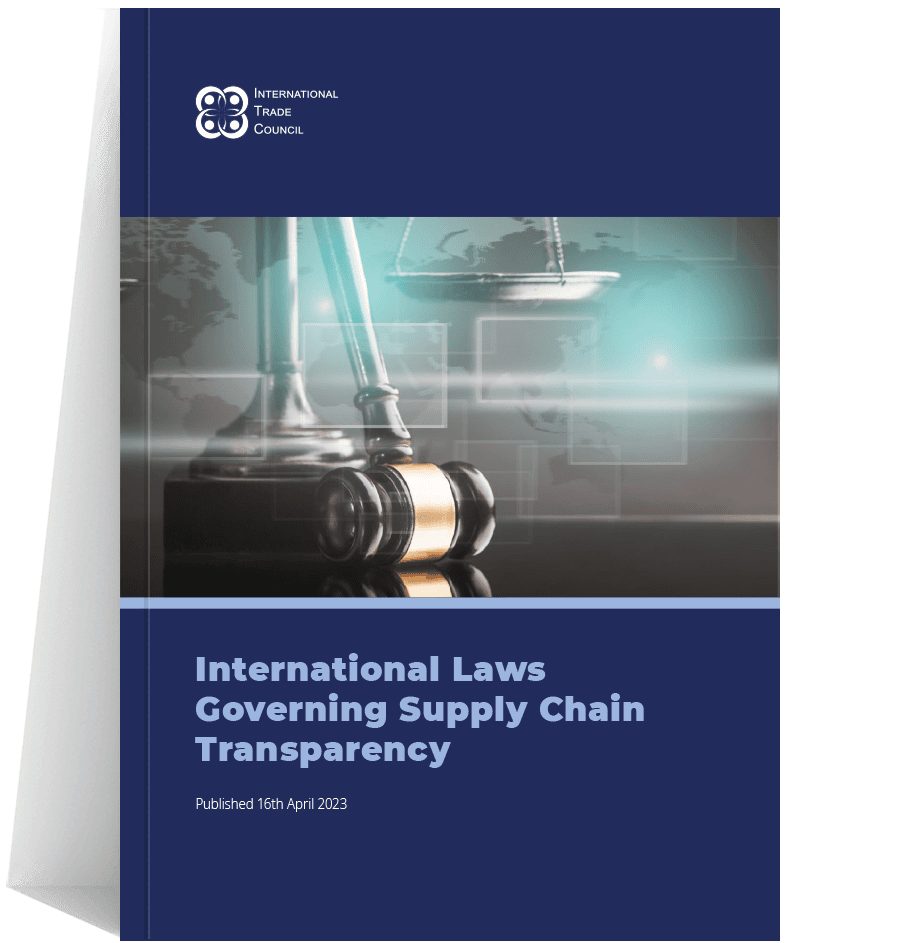About the Book
Understanding the legal landscape governing supply chain transparency is crucial for companies operating in today’s globalized economy. This booklet highlights the diverse and often complex array of regulations that companies must navigate to ensure compliance with international standards and best practices.
The importance of supply chain transparency has grown exponentially in recent years, driven by increased consumer awareness, mounting regulatory pressure, and the need for businesses to manage reputational risks. Transparent supply chains promote ethical sourcing practices, combat human rights abuses, protect the environment, and help prevent corruption and fraud. They are essential in building trust with customers, investors, and other stakeholders.

